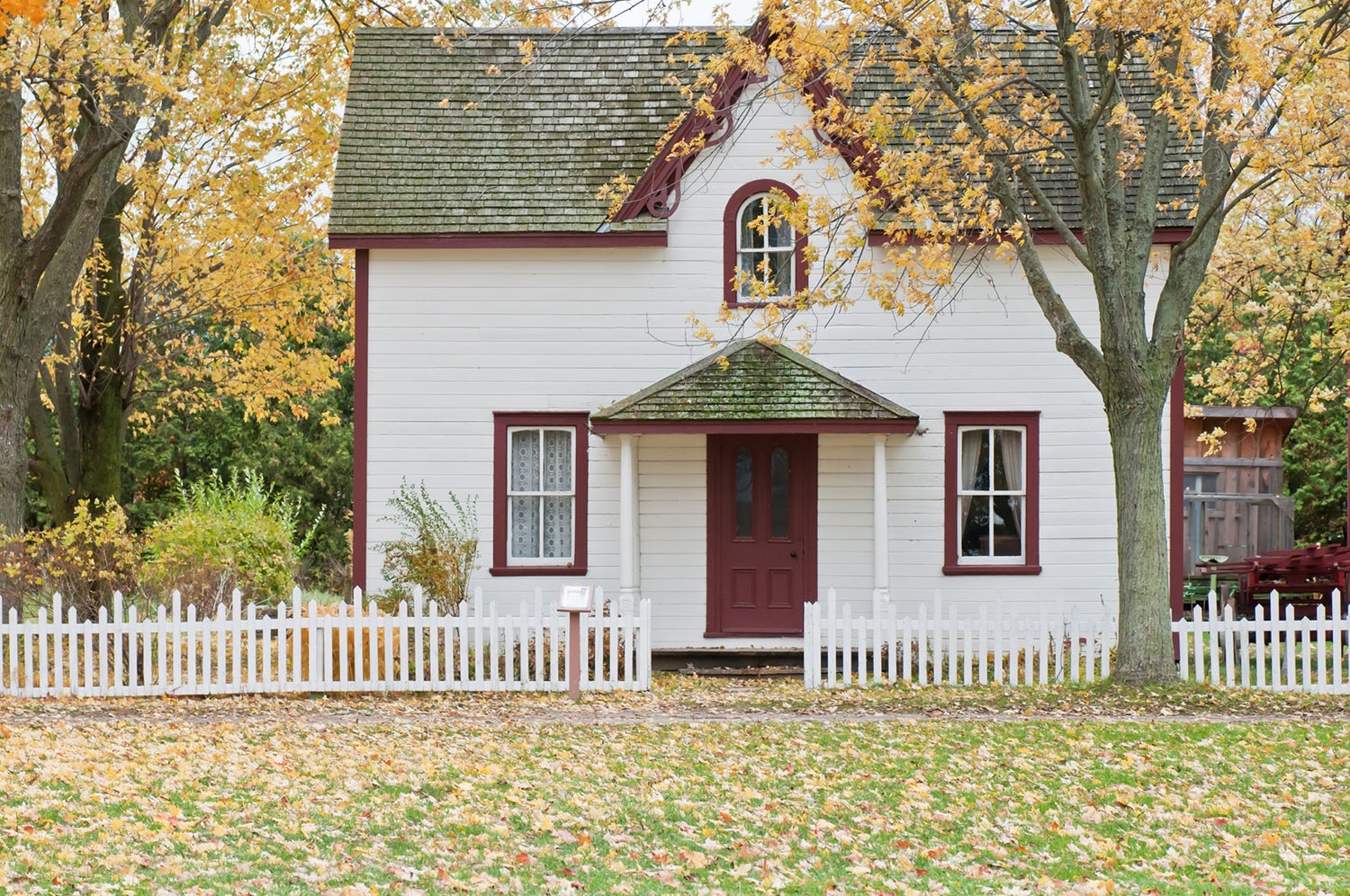Resilience seems like the word of the year for 2020.
It’s everywhere. On television, radio spots, email subject headlines, and on social media.
Be Resilient. We’re Resilient. Resilience. Forever, resilient.
But what does resilience really mean? And, how can we foster more of it in our lives?
To fully understand the term, we have to examine its origins.
⌚️Where did “resilience” originate from?
The word “resilient” originated from the Latin word “‘resilire”, which means to recoil or rebound and was first used sometime around the 1620s. In the early nineteenth century, it would be used commercially by the watch industry to describe the “elasticity” of their products. By the 1850s, the word had evolved to encompass the idea of “being resistant or not susceptible to something.”
Resilience took on its most modern interpretation in the 20th century with the emergence of child psychology and mental health movements. While studying a group of children from high-risk environments, psychologist Norman Garmezy observed that a small selection of them exhibited behaviors of competence, sociability, and dedication to academics— a finding that was contrary to previously observed behaviors in these groups.
These children had been raised in situations of poverty, abuse, hunger, war, etc. However, a certain number of them showed the ability to adapt and cope in these stressful environments. In other words, they were able to bounce back. Garmezy dubbed these children “Invulnerables” and his work triggered an entire line of research around the idea of resilience.
🚀 What does resilience mean?
Definitions of resilience vary depending upon the source:
“…the ability to bounce back from adversity, frustration, and misfortune…” (Ledesma)
“the developable capacity to rebound or bounce back from adversity, conflict, and failure or even positive events, progress, and increased responsibility” (Luthans)
“The ability to recover or adjust easily from misfortune or change” (Merriam Webster Dictionary)
“manifest competence despite exposure to significant stressors” (Garmezy)
There are common themes throughout these definitions. They all revolve around the idea of rebounding or “bouncing back” after a stressful event or a negative experience.
It’s safe to say that resilience is our ability to recover and move forward, despite challenging situations. It implies proactivity and vision.
One important idea that has emerged from the continuous study of resilience is that it can be developed and strengthened through conscious practice, not just as a result of adverse circumstances.
Reflecting on resilience’s place in the cultural narrative of 2020, it’s obvious why individuals and companies are leaning on it as a theme. But how do we build resilience? How do we look adversity in the face and say, “Better luck next time”?
Some will tell you that resilience is something that grows within you as you age and gain more wisdom and life experience. There are also things in our lives that contribute to our ability to be resilient.
One major patron of resilience—and perhaps the least obvious one— is our homes. Our homes are, in many ways, the embodiment of our resilience.
🏡 What does “home” mean?

Home is a concept that means different things to different people. Some say it’s where you lay your head. Others say it’s where your heart is.
However, the most prominent role it plays is as our shelter. Our homes shelter us from more than just storms. A home is a place where we develop our well-being, identity, and sense of belonging. The feeling of security in your home cultivates a sense of freedom. If we have security and freedom, we can feel a greater sense of confidence and competence when confronted with adversity.
As we grow older, our homes become even more important tools for resilience. They are a vessel for our memories and a significant character in our life’s story. But they are also a smart financial tool.
💡How your home can help you become financially resilient
Your home is a tool you can use in retirement that allows you to age in place, feel grounded as you transition into your golden years, and be proactive about your finances.
Incorporating your home equity into your retirement plan can help you build resilience as you get older.
Your home equity is the difference between the amount that your home is valued at and how much you owe on your mortgage. As you pay down your mortgage, your home equity increases.
So say that you have a house worth $500,000 and you have $150,000 left on your mortgage. That means you have $250,000 in home equity.
🤔 How you can use your home equity
Many people don’t realize that your home equity can be used as a method to shelter your finances and protect your financial well-being during times of adversity. There are a lot of misconceptions about using your home equity proactively with a Reverse Mortgage. So let’s break it down.
🏥 Fund an unexpected healthcare need for you or family
You can’t plan for emergencies. But your home equity can help you bounce back from them.
💸 Provide stability when life feels out of control
Your home equity can help you proactively protect yourself against economic hardship.
🏠 Pay off your existing mortgage.
You can use your home equity to eliminate monthly mortgage payments and free up additional cash.
💵 Mitigate sequence of return risk during economic uncertainty
Rather than withdrawing interest-earning assets during a market downturn, your home equity can give you the cash flow while the market stabilizes.
💰 Delay Social Security Benefits
It’s more beneficial to delay claiming Social Security benefits for as long as you can. A Reverse Mortgage can provide you with cash flow to delay for longer if need be.
Your home can be your greatest source of resilience, especially in retirement. It houses your memories, can help you age comfortably, and provide a steady stream of income when you need it.
If you’re interested in learning more about how your equity can empower your goals, schedule a meeting with one of our team members today.
This article is intended for general informational and educational purposes only, and should not be construed as financial or tax advice. For more information about whether a reverse mortgage may be right for you, you should consult an independent financial advisor. For tax advice, please consult a tax professional.















I WANT TO KEEP UP TO DATE ON RETIREMENT TRENDS
Follow Us.